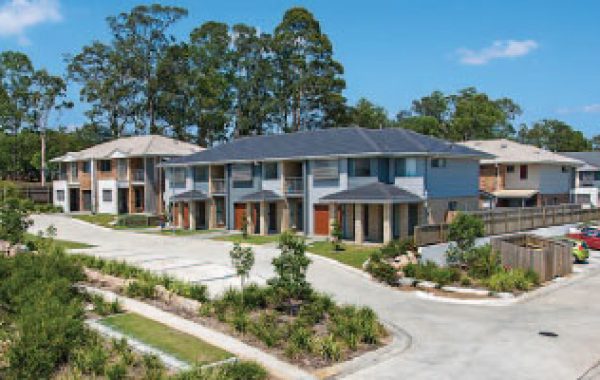Renting out a holiday home can generate surplus means of income. Superficially, it may also seem to provide the landlords with tax benefits. But is it a smart idea for a second holiday home investment in 2017? Read on to know about taxations and when to buy (or not to buy) holiday homes:
Buying Holiday Homes
1. Buy a Holiday Home When the Prices Are Constant
Sideways market is an ideal time to invest in a holiday home. So, if you are thinking about buying a second home by the sea, then monitor the market and spend when it is flat. This is because when there is uptrend in the market, the risk associated with it also tends to get higher. Also, the prices of the properties in the holiday area sway more often as opposed to other suburbs.
2. Meet the Demand
You will have to do an extensive market analysis of the rental property in the area you are willing to buy a second home. According to analysts, there will be a solid growth of the property prices in 2017. So, if you can afford to buy a holiday home, your only option to earn a profit margin is to ascertain that there is a demand of the rental property in the region. If the occupancy rate is estimated to be low, you will have difficulty in the payment of loans.
3. Location Matters a Great Deal
The location for the holiday home needs to be ideal. The process of holiday homes is high but the fact of the matter is that these “prime” locations do not have infrastructure and the services to support growth. So, if you are looking to invest in a holiday home because of Australia’s rising economy and tourist attractions, invest in a suburb or area that is being upgraded by the government.
Holiday Homes and Taxation Benefits
The House Should be Genuinely Rented Out
Just like any other form of investment, your rental should yield after taxation. Holiday home owners should target for an estimated yield of 4% at least after the expenses and taxes have been deducted. The benefits associated with negative gearing are validated for beach houses and second homes. However, if you use the house both for rental purposes and leisure activities, you can only deduct expenses for the time periods during which the house is “genuinely” rented out. Additionally, if you let your relatives or friends use your property for rent less than the actual expenses, then you cannot claim all the expenses. Your deductions will only be equivalent to the actual rent earned.
Expenses That Can Be Claimed On Holiday Homes
Holiday home owners can deduct the running expenses like maintenance fees, cost of utilities, and commission of the agent, insurance, interest, construction expenses, cleaning, and council rates. As mentioned above, these deduction claims are apportioned depending on the time period you actually let it out for renting.
Capital Gains Taxation Deductions
If you want to sell your holiday home for a profit, then the expenses that couldn’t be accounted for deductions earlier can be shown while you are working out the capital gains tax. Therefore, maintain a record of all the expenses incurred on the holiday homes.
If you are looking forward to invest in a holiday home in 2017, then you may look toward My Property House for market analysis and the identification of the suburbs that can give a promising rental yield.
View Details














